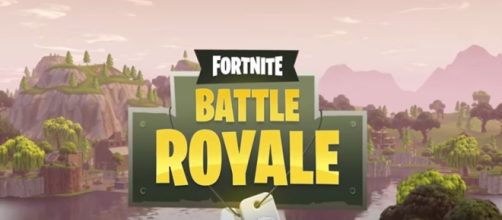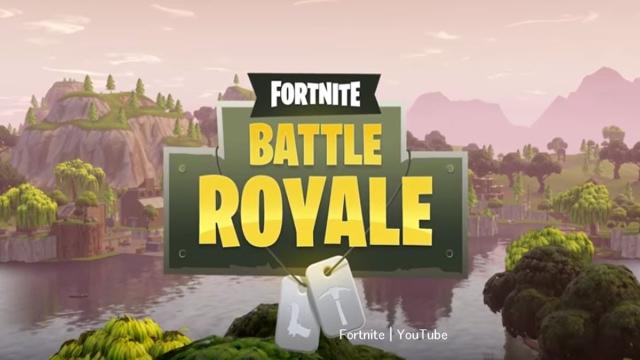2 Milly, the rapper and creator of the "Milly" rock dance is the latest creator to consider legal action against Epic Games for "stealing" the dance move and charging their 78.3 million monthly players around $5 to unlock it. The 'swipe it' emote, new for season 5, was taken down from the in-game shop after 2 Milly spoke to CBS news. "They actually sell that particular move, it's for purchase. That's when I really was like . . . this can't go on too long".
Fortnite has been controversial since release
Epic has faced controversy since the Battle Royale mode was first shown.
Originally written off as a clone of hugely popular "Player Unknown's Battle Grounds," or "PUBG" for short, "Fortnite" has become the biggest game on Twitch and YouTube, earning the most popular streamers thousands of fans and hundreds of thousands of dollars.
"PUBG" developers PUBG Corporation and Bluehole were said to be disappointed at the similarities between their game and "Fortnite." However, all companies involved have taken a concept that was first made popular by Koushun Takami, author of the 1999 novel "Battle Royale," although there have been last man standing modes in video games even before that. The point is that the PUBG Corporation certainly didn't invent the genre but should be known as an important factor when considering how it has become so popular.
"Fortnite" added gameplay mechanics, on top of the regular PVP and 'eye of the storm' concept which forces players into a confrontation. It's an excellent marketing strategy with continued updates and use of meme culture which has elevated Epic Games' free game into a phenomenon.
Other creators who have shown their displeasure at being copied by the in-game avatars include Alfonso Ribeiro, Carlton Banks in 90's sitcom "The Fresh Prince of Bel Air," whose dance was added to the game and Donald Faison, who's character Turk's dance in Scrubs is available to buy.
The problem perhaps stems from internet culture as a whole. We live in a society where memes are recycled and re-purposed so frequently that the original creator is rarely given any recognition for their work.
How many of the players who buy the emotes know where they come from, let alone who spent the time coming up with them? You need only look at the community around the game to see how much of a grey area copyright law and fair use has become.
'Fortnite' generates at least $350,000 a month for one streamer
The relationship between developer and gamer has become symbiotic in nature, no longer strictly creator and consumer. "Fortnite" streamer Ninja, real name Tyler Blevins is now the most popular streamer ever, hosting daily sessions of up to 6 hours, regularly for over 60,000 viewers and holds the Twitch record for most concurrent viewers on a stream, 628,000 viewers. His rise can be attributed to his talent and work ethic as well as the popularity of "Fortnite."
By using elements of popular culture as content in their game developers give relevance to something or someone that has been out of the public consciousness for some time, or even gives them a platform to forge a career.
There are benefits to this for both sides, but is making money from other creators' hard work equal to making their work popular again, in some cases more popular than ever before? Creators may have to decide what's more important, royalty cheques or every kid in the world doing your dance.



